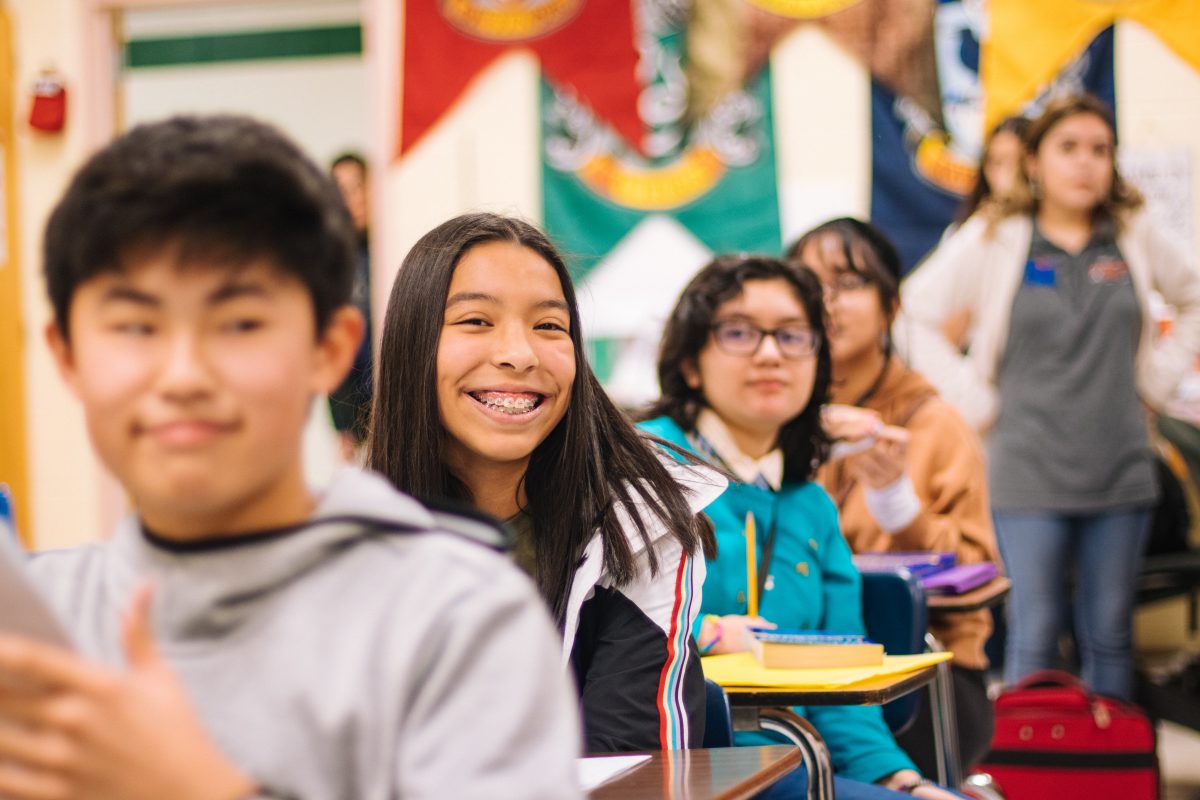What Works for Children’s Social Care (WWCSC) is delighted to announce details of three projects designed to support the education of children with a social worker, with funding of over £400,000.
Children and young people with a social worker have, on average, lower educational attainment that their peers. These projects, based in Bath and North East Somerset, York and Hartlepool, aim to close this attainment gap by placing an advisory teacher within children’s social care teams, helping schools to improve their ability to support students displaying challenging behaviour, and providing support for vulnerable children as they transition into secondary school.
The project in Bath and North East Somerset is based on a small pilot run during the COVID-19 pandemic, and will see an experienced advisory teacher placed within the social care teams in the local authority to support children who are the subject of Child Protection (CP) plans and Children in Need (CiN) in order to closely monitor the educational outcomes of these children. Advisory teachers will work alongside both schools and families to break down barriers to education and ensure that best practice is carried out and shared across schools. It is hoped the project will reduce numbers of exclusions, increase attendance, and raise the educational progress of this group.
Five primary schools in York will receive a range of service from the Behaviour Outreach Support Service (BOSS) to help improve their ability to support pupils displaying behaviour that challenges and compromises their learning and school attendance, or the learning of their peers. The programme aims to support up to 90 families to reduce the number of pupils who are excluded or are at risk of exclusion. It builds on work previously done in Lincolnshire.
The programme to support transition to secondary school is built on a new approach within Hartlepool Borough Council, bringing additional resources and therefore additional learning to vulnerable children with increased risk of a difficult secondary transition. The approach is a mixture of whole school training and targeted training focusing’. The programme aims to improve the educational, social and emotional outcomes for 100 children with a social worker. The three projects were selected through an open call by WWCSC, following the publication of research earlier in the year which showed that the average effect sizes of interventions designed to improve educational attainment were smaller for young people with a social worker than for their peers. The impact of these projects will be assessed by independent evaluators, adding to the small but growing body of evidence around what works to improve the educational attainment of children with a social worker.

